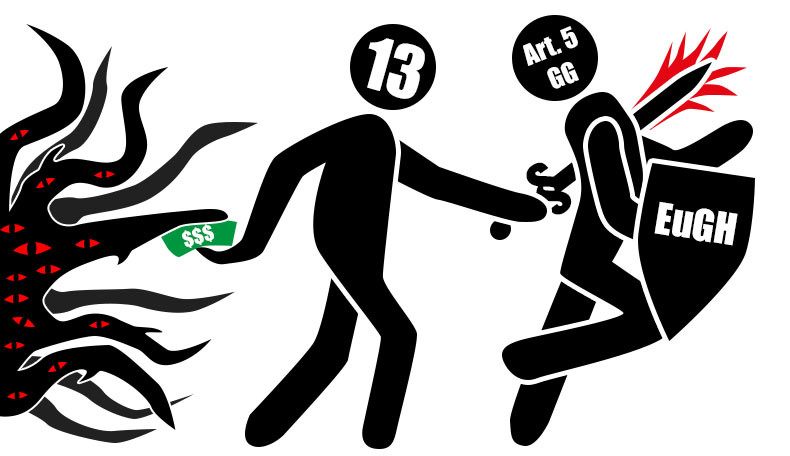
Links are essential to freedom of expression online, and experts warn that censoring links will break the Web as we know it.
Without links to route everyone around the Web, the wonders of the Internet would be locked away. They power Twitter, they power the sites where you get news and entertainment, they power your favorite blog: they power every site you visit.
Links are what empower us to access the greatest collection of human knowledge and experiences the world has ever seen, with the click of a button.
Outdated media publishers are successfully lobbying all over the world to restrict linking on the Internet. Spain and Germany changed their laws to apply charges in order to link to news websites, making it difficult for independent news media and bloggers to do their jobs. Aggregators are struggling, small presses find their websites unlisted, and access to knowledge is restricted.
Old media firms are pressuring lawmakers to apply link censorship laws to the whole EU.
Link censorship is a global issue, and worrying developments are taking place all over the world — not just in the EU.
In India, the Government blocks websites in a process lacking in independent oversight and transparency, and the Supreme Court rejected challenges to this process, despite widespread criticism.
Meanwhile, in the United States, Big Media has been waging a long war against the Internet to protect their outdated business model. Lobbyists and lawyers have been fighting search engines, pressuring intermediaries to block access to websites, and attempting to block links and apply custom-like border controls to data and linking on the web.
In Australia, the Government passed legislation allowing them to block links to popular sites hosting thousands of links to legal shared content, all in an ineffective effort to favour large US media lobbyists.
savethelink.org
